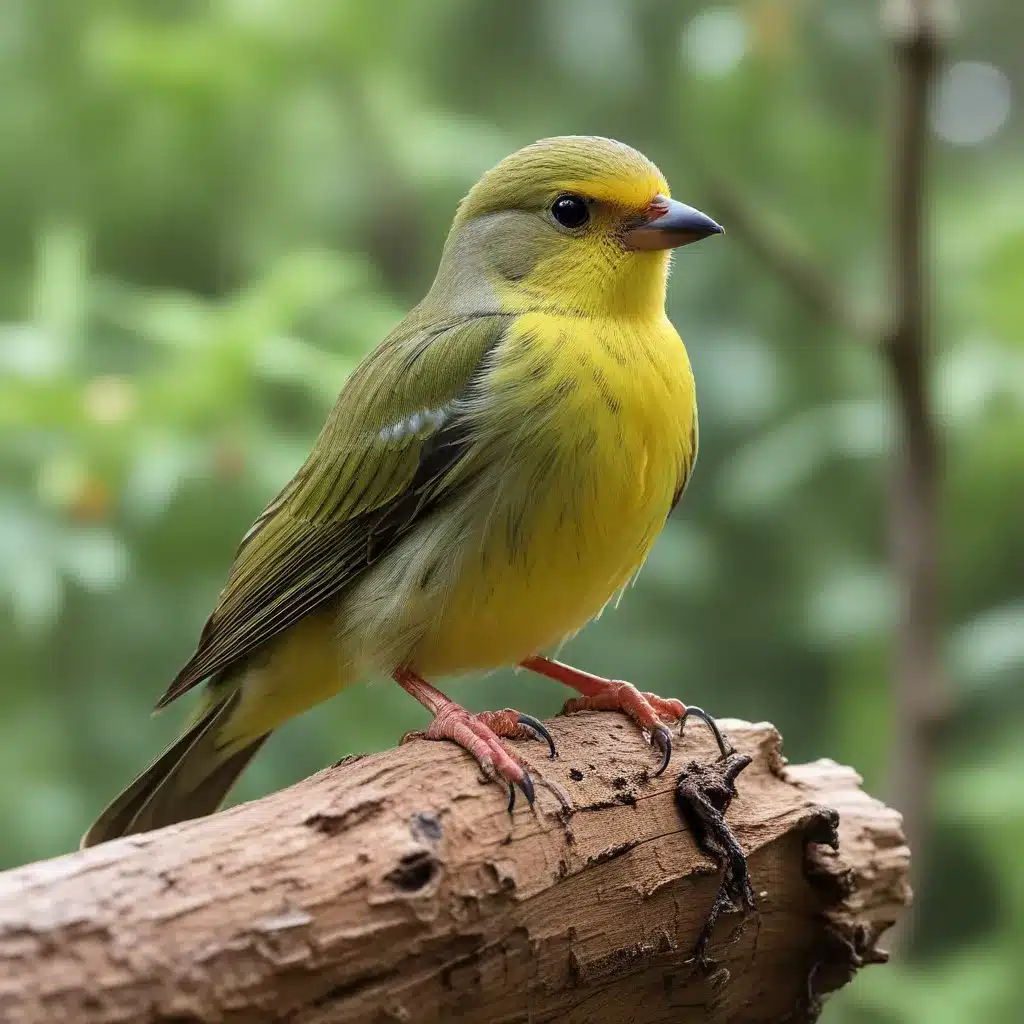
Bird Travel
As an experienced avian caretaker, I’ve seen firsthand the joys and challenges that come with traveling with our feathered friends. Whether it’s a cross-country road trip or a quick flight to visit family, navigating the logistics of bird travel can feel daunting. But with the right preparation and mindset, your bird can enjoy the journey just as much as the destination.
Bird Essentials for Travel
Cages and Carriers
When it comes to bird travel, a sturdy, well-ventilated carrier is a must-have. Look for carriers that are the appropriate size for your bird, with ample room to move around comfortably. Collapsible or soft-sided carriers are great for easy transport, but make sure they have a rigid frame to provide stability. Line the bottom with absorbent, non-slip material, and don’t forget to secure the carrier during transit to prevent it from sliding or tipping over.
Feeding and Hydration
Maintaining your bird’s normal feeding and watering routine is crucial during travel. Pack their favorite nutritious foods and treats, and consider investing in a spill-proof water dispenser that can attach to the carrier. Remember to pack extra food and water in case of delays, and avoid feeding immediately before or during the journey to prevent digestive upset.
Perches and Toys
Recreate your bird’s familiar environment by packing their favorite perches, swings, and toys. This will help them feel more at ease in the carrier and provide mental stimulation during the trip. Opt for lightweight, shatter-proof options that can be easily secured inside the carrier.
Preparing Your Bird for Travel
Acclimating to the Carrier
Well before your trip, introduce your bird to their carrier and make it a positive experience. Leave the carrier open and accessible, with favorite treats or toys inside to encourage exploration. Gradually increase the time your bird spends in the carrier, eventually closing the door for short periods to help them become comfortable.
Training and Behavioral Enrichment
Positive reinforcement training can be a game-changer when it comes to travel. Teach your bird to step up onto your hand or a perch, allowing for easy and stress-free transfer into the carrier. Incorporate behavior modification techniques, such as cue training and desensitization, to help your feathered friend feel at ease during the journey.
Veterinary Checkups
Schedule a pre-travel veterinary appointment to ensure your bird is in good health and up-to-date on all necessary vaccinations. Your vet can also provide guidance on any special considerations or medications your bird may need during the trip.
Avian-Friendly Travel Tips
Plane Travel with Your Bird
Airline Policies and Regulations
Research airline policies and regulations well in advance, as they can vary widely. Some airlines may require a health certificate or even a reservation for your bird, so be sure to familiarize yourself with the requirements. Keep in mind that size and weight restrictions for in-cabin carriers can be strict, so plan accordingly.
In-Cabin vs. Cargo Considerations
If possible, opt to have your bird travel in the cabin with you. This allows for closer monitoring and reduces the stress of being separated. However, if your bird must travel in the cargo hold, ensure the carrier is properly labeled and that the airline has a secure, temperature-controlled area for animal transport.
Road Trips and Car Travel
Securing the Carrier
When traveling by car, secure the bird carrier safely in the backseat or cargo area, using seatbelts or straps to prevent it from moving around. Avoid placing the carrier on the front passenger seat, as airbag deployment could be dangerous for your feathered friend.
Rest Stops and Breaks
Plan for frequent rest stops to allow your bird to stretch their wings, hydrate, and relieve themselves. Bring a small portable perch or playstand to set up during breaks, and be mindful of potential stressors, such as unfamiliar noises or people.
Stress Reduction for Birds
Environmental Factors
Noise, Lighting, and Temperature
Birds are sensitive to their surroundings, so be mindful of environmental factors that could cause distress. Keep noise levels low, use dimmed lighting, and maintain a comfortable temperature in the carrier. Avoid placing the carrier near air vents or direct sunlight.
Unfamiliar Surroundings
The sights, sounds, and smells of new environments can be overwhelming for birds. To help ease the transition, pack familiar items like toys, perches, and even a piece of their favorite blanket to create a sense of home.
Behavioral Strategies
Familiar Items and Routines
Incorporate your bird’s favorite toys, treats, and perches into the carrier to provide a sense of security and comfort. Maintain their normal feeding and sleep schedules as much as possible to minimize disruption.
Calming Supplements
If your bird seems particularly anxious, consult your veterinarian about the use of natural calming supplements, such as pheromone sprays or oral medications. These can help ease stress and promote a more relaxed state during travel.
Bird Health and Wellbeing
Monitoring for Signs of Distress
Physical Indicators
Keep a close eye on your bird’s physical cues during travel. Signs of stress may include feather fluffing, panting, or abnormal posture. Respond quickly to any changes in behavior or appearance.
Behavioral Changes
In addition to physical signs, be attentive to your bird’s behavioral patterns. Excessive vocalization, reduced appetite, or changes in activity level may indicate discomfort or anxiety.
Emergency Preparedness
Veterinary Contacts
Before your trip, research avian veterinary clinics along your route and have their contact information readily available. In the event of an emergency, you’ll be able to quickly reach out for guidance or medical attention.
First Aid Supplies
Pack a basic first aid kit with items like gauze, antiseptic wipes, and emergency contact information. Familiarize yourself with common bird health issues and how to provide basic care if needed.
Whether you’re embarking on a cross-country adventure or a quick weekend getaway, your bird’s comfort and wellbeing should be a top priority. By following these avian travel tips and preparing thoroughly, you can ensure your feathered friend enjoys the journey as much as the destination. Happy travels, bird lovers!


